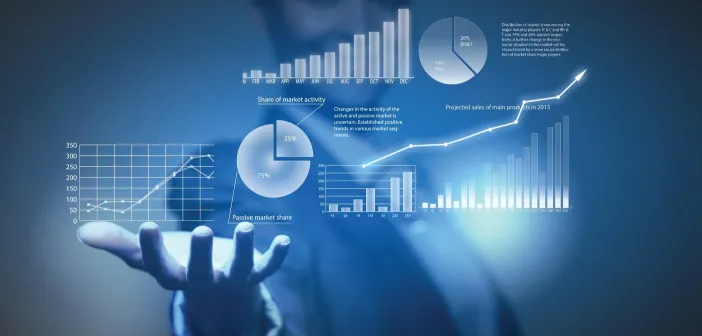
Fintech
The term "fintech" is a combination of "financial" and "technology." It broadly refers to the use of technology in the financial sector. This encompasses any app, software, or technological tool that allows individuals or businesses to manage their finances digitally.
The rise of fintech coincides with the growing adoption of digital tools by consumers. This technology offers solutions to everyday financial challenges and empowers users to manage their money more effectively.
Fintech companies utilize a variety of technologies to deliver their services. Here are some key components driving their operations.


Mobile Apps
At the heart of accessibility, user-friendly mobile apps are the primary interface for most fintech services. These apps allow for on-the-go convenience, enabling users to check balances, transfer funds, pay bills, and manage investments – all from their smartphones or tablets.
Cloud Computing
Fintech thrives on secure and scalable cloud storage solutions. This ensures that your financial information is readily accessible from any device with an internet connection, while maintaining robust security measures.


Data Analytics
Data is the lifeblood of fintech. Sophisticated data analysis tools allow companies to personalize financial products and services, offer targeted recommendations, and identify potential risks. By analyzing spending habits and financial goals, fintech apps can suggest budgeting strategies, investment opportunities, and loan options tailored to your unique circumstances.
Artificial Intelligence (AI):
AI plays an increasingly important role in fintech, offering functionalities beyond basic data analysis. AI-powered chatbots provide 24/7 customer support, answer frequently asked questions, and resolve simple issues. Advanced algorithms can automate repetitive tasks like fraud detection, risk assessment for loans, and even manage investment portfolios based on pre-defined parameters.


Blockchain Technology
While still in its early stages of adoption, blockchain technology has the potential to revolutionize financial transactions. Blockchain offers a secure, decentralized ledger system that eliminates the need for intermediaries, potentially reducing transaction costs and increasing security for digital payments and financial instruments.
